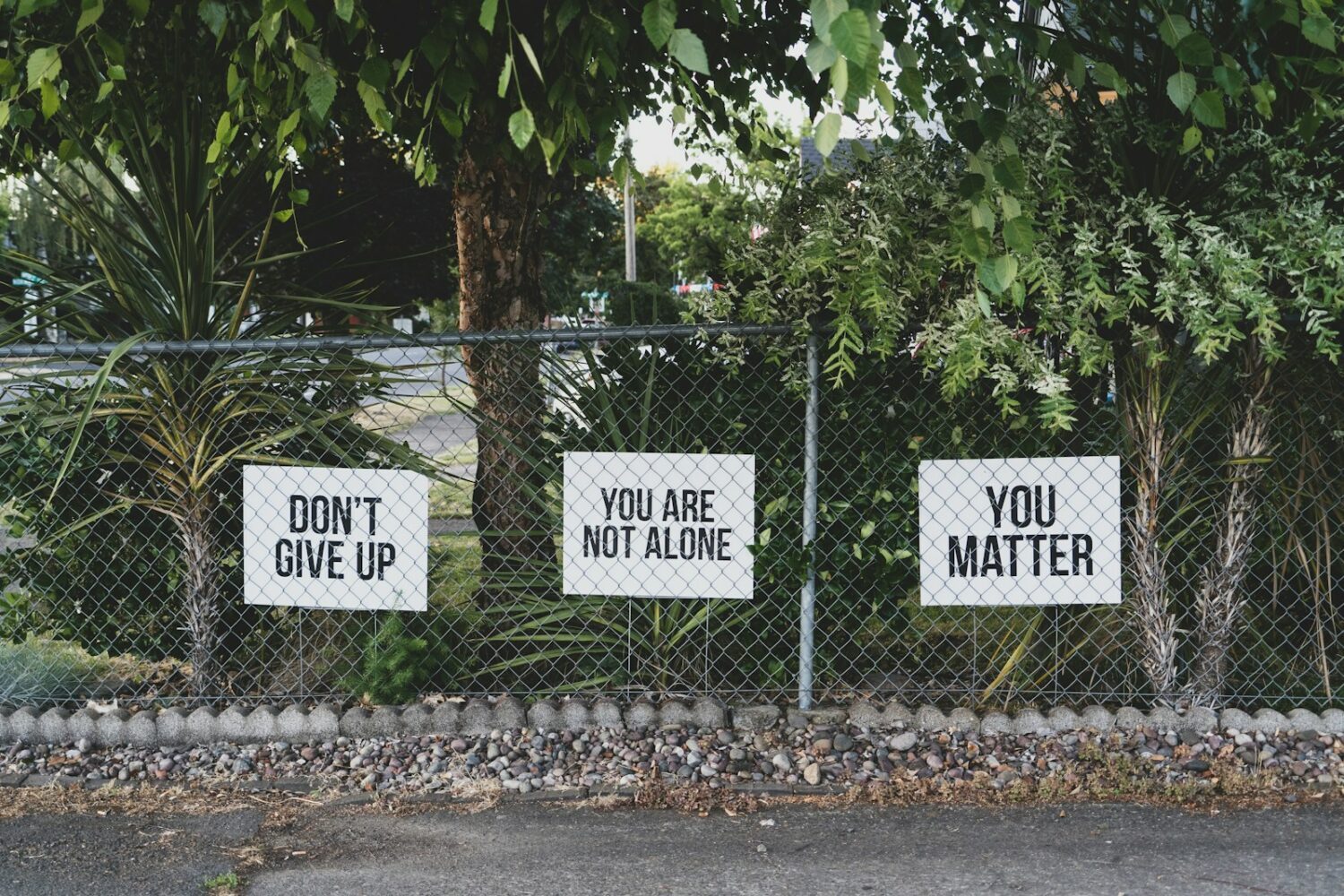
10th September was World Suicide Prevention Day 2023. There are so many official days that it’s easy not to notice them or to become complacent, but we should pay attention to this one. We can all play our part in preventing suicide and it’s our collective duty to know how to. At a time when suicide is the leading cause of death in people below 35, in the UK, and the theme of World Suicide Prevention Day this year is ‘Hope through Action,’ it’s time to act.
I once believed, as many people do, that you should never ask someone if they’re suicidal because it might put the thought into their head. Not only is this nonsense, but it’s also a potentially dangerous myth. People who aren’t suicidal will simply tell you that they’re not but, for those who are, asking this question can reassure them that you have heard them, that you are not shocked and that you can handle a conversation about suicide, allowing you to help them whilst encouraging their honesty.
What if someone tells you they are suicidal?
What stops people from asking whether someone is suicidal, as well as the myth that it plants the idea somehow, is perhaps also the fear that they are not equipped to help if someone states that they are contemplating suicide. This fear can emerge from taking too much responsibility for the situation as there are many organisations who are ready to help in a crisis but it’s possible that what the person needs most is to be listened to and understood, with empathy and compassion. Whilst a risk assessment is important, and it will need to be established if there is real intent and a plan, a crisis line could help to establish this. If there is a plan and the person cannot keep themselves safe, they will require urgent support. If they have contemplated suicide and possibly even considered a method, they can be helped to disable this plan with support. The key step, then, having listened, non-judgmentally (this is crucial), is to help the person to receive further support from organisations such as the Samaritans (http://wwww.samaritans.org/) or the NHS 111 line (option 2 for mental health support). Once professional help has been received, check in with the person to see how they’re doing and show them that you care; connection goes a long way.
How else can I help?
Aside from supporting those who are struggling, you can consider the language you use to talk about suicide. We speak of ‘committing suicide’ but the verb, ‘commit,’ is usually followed by a crime and suicide has not been a crime since 1961. By using this language, we are suggesting that suicide is wrong and even illegal so it’s unsurprising that people struggle to describe their suicidal thoughts. Equally, we should avoid phrases like ‘you’re not going to do something silly, are you?’ as, again, these are likely to result in silence or in people lying to protect themselves, or you. By using phrases like ‘taking your own life’ and asking directly, ‘are we talking about suicide?’ or ‘have you been contemplating suicide?’ we open up an honest conversation and hopefully avoid making the other person feel ashamed or misunderstood.
What are the signs that someone might be suicidal?
There is not necessarily a pattern of behaviour that suggests that someone is suicidal but there are some things to look out for:
- Changes in their behaviour (losing interest in hobbies, becoming withdrawn or giving away possessions),
- Physical changes (losing weight, not taking care of themselves),
- Concerning thoughts or feelings (expressions of hopelessness or worthlessness)
- Concerning language (‘I can’t cope’, ‘what’s the point?’)
The most important advice is, if in doubt, ask and then be prepared to listen, with empathy and compassion. If you are concerned, help them to gain support and then check in with them. It may just save a life so let’s talk about suicide.
18th September 2023

